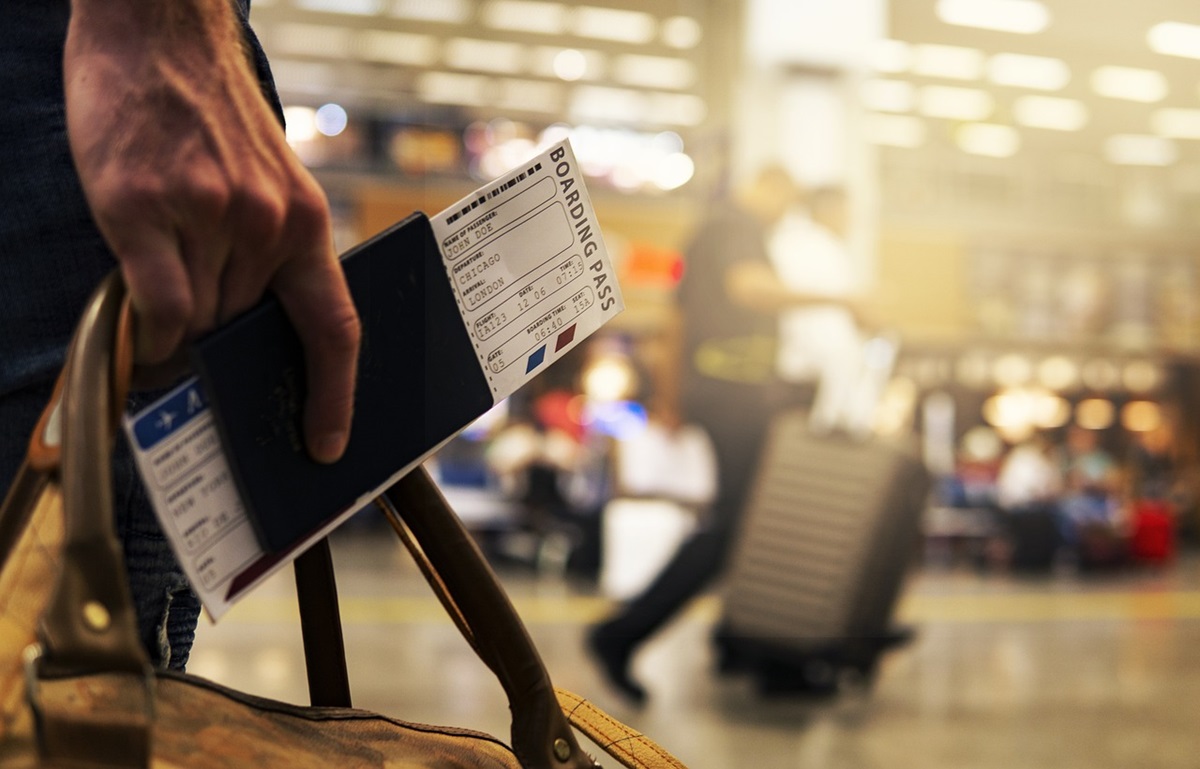Flying with high blood pressure (hypertension) can be a cause for concern for some travelers, but, with the right precautions and preparation, it’s possible to enjoy a safe and comfortable flight. Air travel can present unique challenges for those with hypertension, as changes in cabin pressure, stress, and prolonged sitting can all impact cardiovascular health. However, by understanding these risks and taking simple steps, like traveling safely with pre-existing medical conditions, you can reduce the likelihood of complications and make your trip more enjoyable.
Flying with High Blood Pressure
Here are some practical tips for flying with high blood pressure, to ensure you stay healthy and relaxed during your journey.
Consult Your Doctor Before You Fly
The first and most important step when planning air travel with high blood pressure is to consult your healthcare provider. Your doctor can assess your current blood pressure levels and determine whether you’re fit to fly. They may offer additional advice or prescribe medication to help manage your blood pressure while traveling.
In some cases, your doctor may recommend adjusting your medication regimen before the flight. They might also suggest a more thorough check-up if you have other underlying health conditions, such as heart disease or diabetes, which could require additional care during the flight.
Keep Your Blood Pressure in Check
Before you board, make sure that your blood pressure is well-controlled. If your readings are consistently high, it may be best to delay your travel plans until your blood pressure is stabilized. Traveling with high or uncontrolled hypertension can increase the risk of complications like stroke, heart attack, or deep vein thrombosis (DVT).
If you are on blood pressure medication, ensure you take your prescribed dose as directed. Carry a copy of your prescriptions, especially if you’re traveling internationally, in case you need to refill them while away. It’s also a good idea to bring a portable blood pressure monitor, so you can check your levels during the trip.
Stay Hydrated
Dehydration can worsen blood pressure and increase the risk of dizziness or fainting, especially in the dry air of the cabin. Drink plenty of water before and during your flight to stay hydrated. Avoid alcohol, caffeine, and sugary drinks, as they can lead to dehydration and sometimes cause a temporary increase in blood pressure. If you’re flying on a
Click Here to Read the Full Original Article at Travel for a while…
